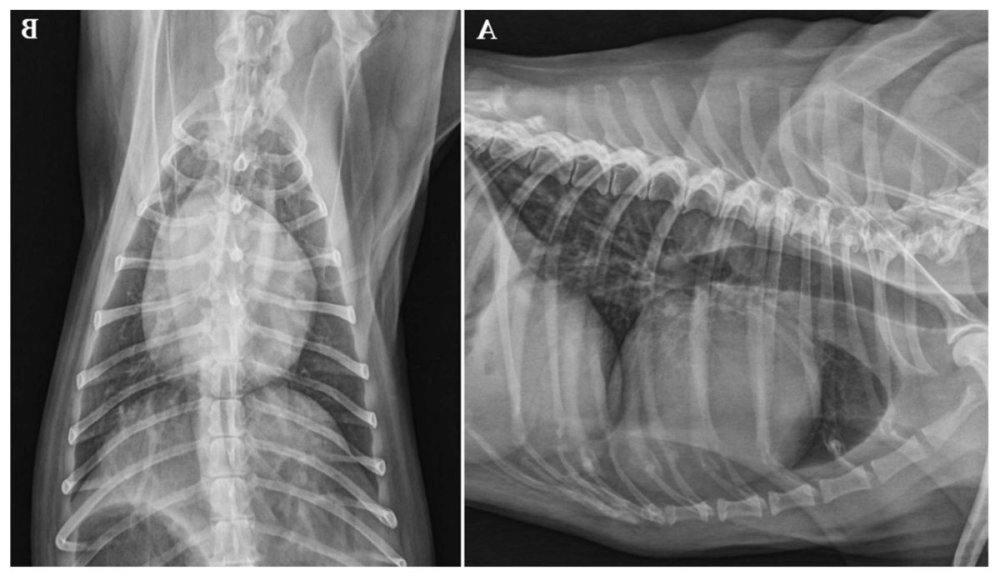Ever noticed your dog getting tired more easily or struggling to keep up on walks? It might not just be age catching up. Dilated Cardiomyopathy (DCM) is a heart condition that can sneak up on our furry mates, causing their heart to enlarge and weaken. This can lead to a range of symptoms, from lethargy to coughing, and even more serious complications if left unchecked.
In this article, we’ll dive into the ins and outs of DCM in dogs. We’ll cover what causes it, the tell-tale signs to watch for, and the treatment options available. Understanding this condition is crucial for keeping your dog healthy and happy, so let’s get into it.
What is Dilated Cardiomyopathy?
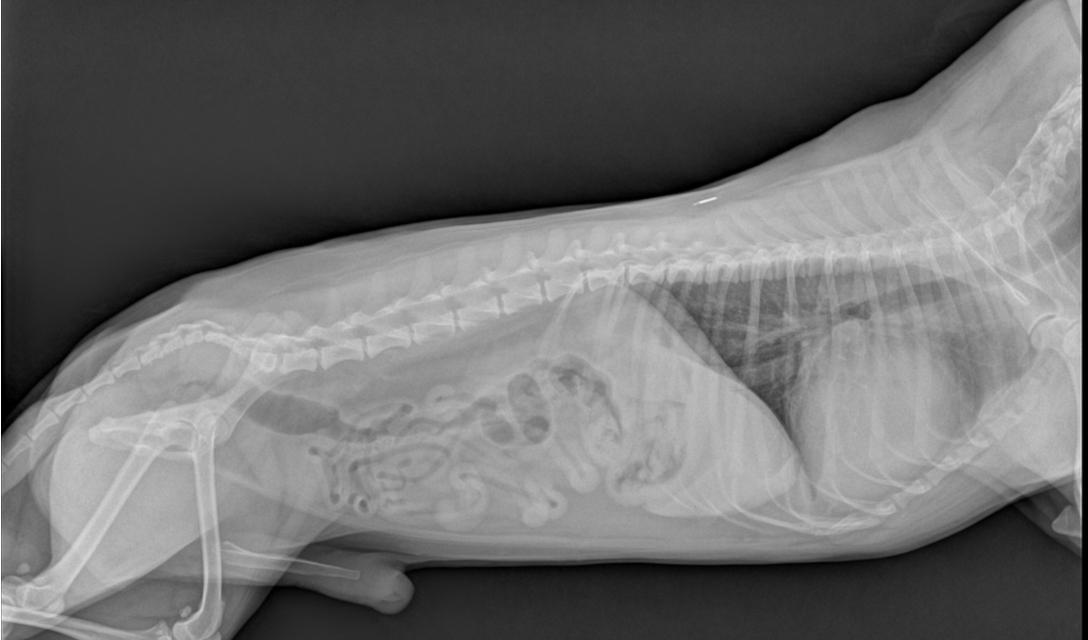
Definition and Explanation of DCM
Dilated Cardiomyopathy, or DCM, is a condition where the heart muscle becomes thin and weak, leading to an enlarged heart. This enlargement makes it difficult for the heart to pump blood effectively. It’s a bit like trying to inflate a balloon that’s already stretched out; it just doesn’t work as well. In dogs, this can be a serious issue, affecting their overall health and energy levels.
How DCM Affects a Dog’s Heart Function
When a dog has DCM, the heart’s ability to contract and push blood through the body is compromised. This means less oxygen and nutrients are delivered to vital organs and tissues. Over time, this can lead to fluid build-up in the lungs and abdomen, causing symptoms like coughing and difficulty breathing. It’s a condition that requires attention and care, as it can significantly impact a dog’s quality of life.
Causes and Risk Factors

Genetic Predisposition and Breeds Commonly Affected
Some dogs are just more prone to DCM due to their genes. Breeds like Dobermans, Boxers, and Great Danes often find themselves on the list of those at higher risk. It’s like how some people are more likely to get certain health issues because of their family history. If your dog belongs to one of these breeds, it’s worth keeping an extra eye on their heart health.
Other Potential Causes
Beyond genetics, there are other factors that might play a role in DCM. Nutritional deficiencies, particularly a lack of taurine, have been linked to this condition. Taurine is an amino acid that’s crucial for heart health, and some dogs just don’t get enough of it in their diet. Infections, especially those affecting the heart, can also be culprits. Keeping your dog on a balanced diet and regular vet check-ups can help catch these issues early.
Symptoms and Diagnosis

Common Symptoms of DCM in Dogs
Spotting the signs of DCM early can make a big difference. Dogs with this condition often show signs of fatigue, even after short play sessions. You might notice them panting more than usual or having a persistent cough. Some dogs may even experience fainting spells or show a swollen belly due to fluid build-up. These symptoms can be subtle at first, so it’s important to keep an eye on any changes in your dog’s behaviour or energy levels.
Diagnostic Procedures and Tests Used by Veterinarians
When it comes to diagnosing DCM, vets have a few tricks up their sleeves. They usually start with a thorough physical exam, listening for any unusual heart sounds. An echocardiogram is often the next step, providing a detailed look at the heart’s structure and function. This test is key in confirming DCM. Blood tests might also be done to check for any underlying issues, like taurine deficiency. In some cases, a chest X-ray can help spot fluid in the lungs or an enlarged heart. Early diagnosis is crucial, so regular vet visits are a must, especially for at-risk breeds.
Treatment Options for DCM in Dogs
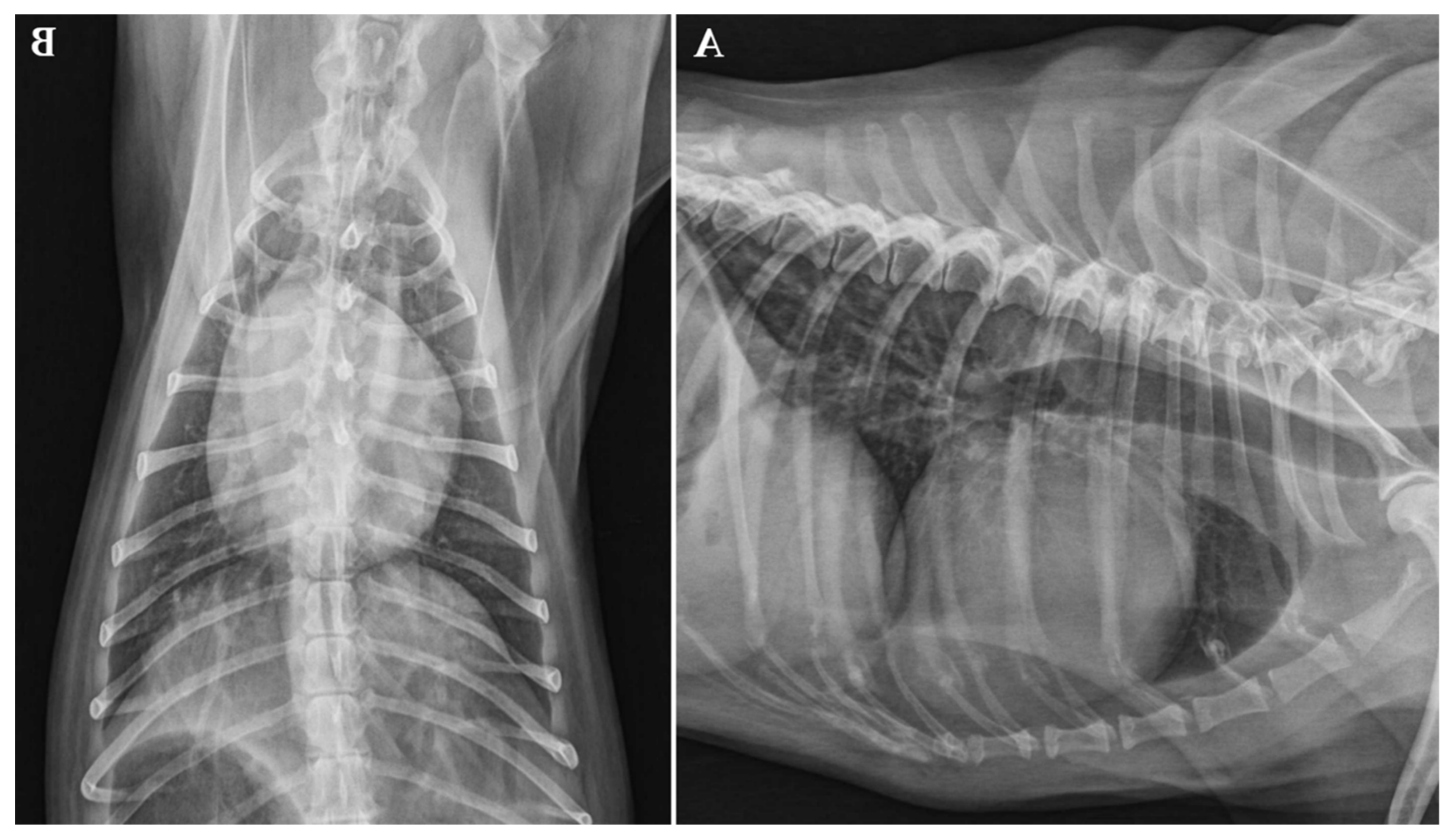
Medications and Therapies
Managing DCM often starts with medications. Vets might prescribe drugs to help the heart pump more effectively or to reduce fluid build-up. ACE inhibitors, diuretics, and beta-blockers are commonly used. These medications can make a big difference in your dog’s comfort and energy levels. In some cases, taurine supplements are recommended, especially if a deficiency is suspected. Regular check-ups are essential to monitor how well these treatments are working and to adjust dosages as needed.
Lifestyle Changes and Supportive Care
Beyond medications, lifestyle changes can play a crucial role in managing DCM. Keeping your dog at a healthy weight is important, as extra kilos can put more strain on the heart. Gentle exercise, like short walks, can help maintain muscle tone without overexerting your dog. A balanced diet, possibly with added taurine, supports overall heart health. Regular vet visits are key to catching any changes early. With the right care, dogs with DCM can still enjoy a good quality of life.
Prognosis and Lifespan
Factors Influencing the Prognosis of Dogs with DCM
The prognosis for dogs with Dilated Cardiomyopathy can vary widely. Factors like the stage of the disease at diagnosis, the dog’s overall health, and how well they respond to treatment all play a role. Early detection and intervention can significantly improve outcomes. Regular vet check-ups and monitoring are crucial, especially for breeds predisposed to DCM. The presence of other health conditions can also impact prognosis, making comprehensive care essential.
Average Lifespan and Quality of Life Considerations
On average, dogs diagnosed with DCM may live anywhere from six months to two years, depending on the severity and management of the condition. Quality of life is a key consideration, and with the right treatment plan, many dogs can continue to enjoy their daily activities. Medications, dietary adjustments, and lifestyle changes can help manage symptoms and improve comfort. It’s all about finding the right balance to keep your furry friend happy and active for as long as possible.
Prevention and Management
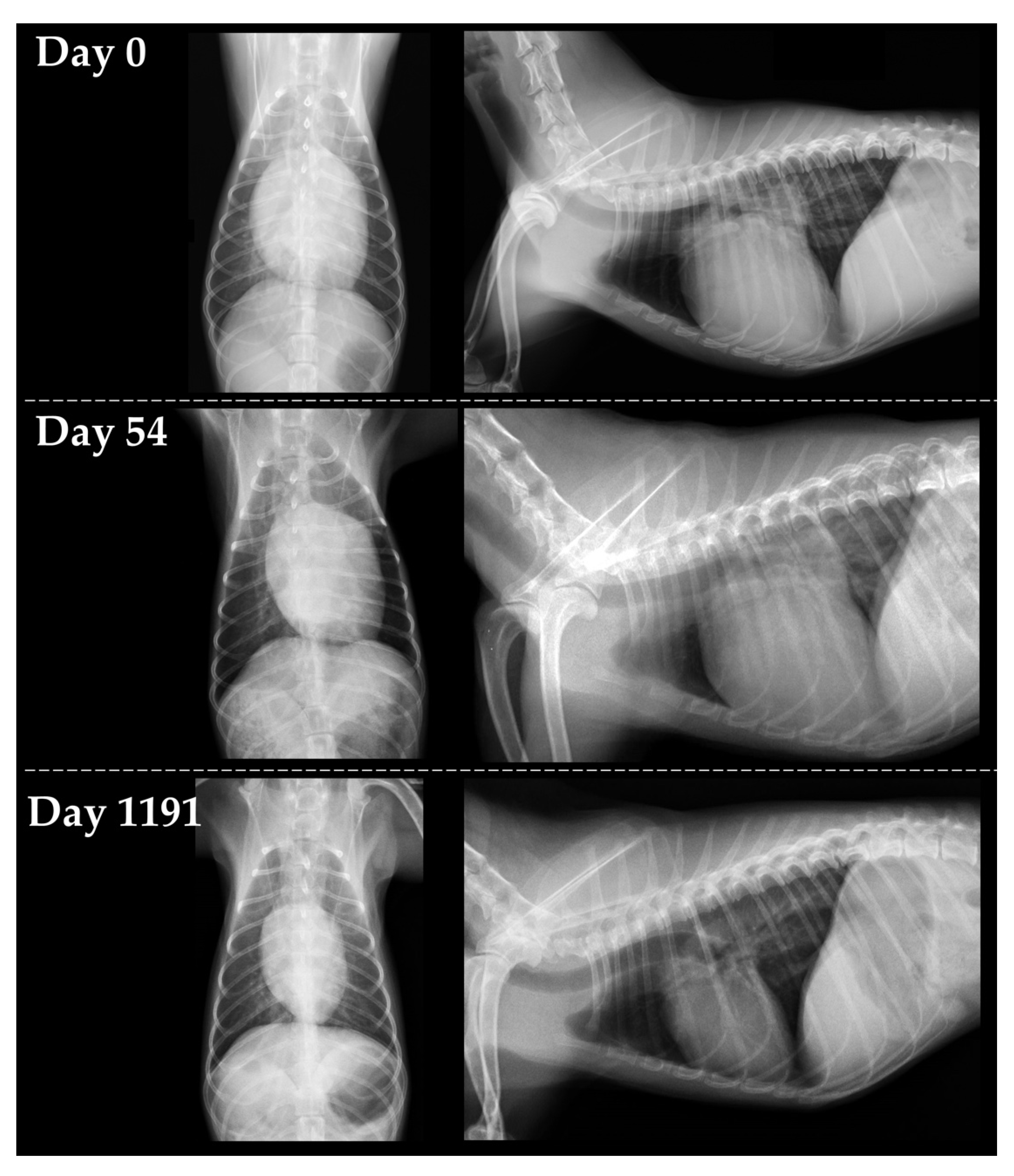
Preventative Measures to Reduce the Risk of DCM
Prevention is always better than cure, right? Keeping your dog’s heart healthy starts with a balanced diet. Make sure they’re getting enough taurine, especially if they’re one of those breeds more prone to DCM. Regular vet check-ups are a must, as they can catch any early signs before they become serious. Exercise is important too, but it should be appropriate for your dog’s age and breed. Think of it as keeping their heart in shape without overdoing it.
Tips for Managing the Condition in Diagnosed Dogs
If your dog has been diagnosed with DCM, don’t worry, there are ways to manage it. Medications prescribed by your vet can help the heart work more efficiently. Keep an eye on their weight; a healthy weight means less strain on the heart. Gentle exercise is still beneficial, but keep it light and enjoyable. Regular vet visits will help monitor their condition and adjust treatments as needed. With the right care, your dog can still have a good quality of life.
Diet and Nutrition
Nutritional Considerations for Dogs with DCM
When it comes to managing Dilated Cardiomyopathy in dogs, diet plays a crucial role. Ensuring your dog gets the right nutrients can make a big difference in their heart health. Taurine, an amino acid, is particularly important. Some dogs, especially those with DCM, might not get enough taurine from their regular diet. This is where a bit of dietary tweaking can help.
Recommended Diets and Supplements
For dogs with DCM, a diet rich in high-quality proteins and low in sodium is often recommended. This helps support heart function without putting extra strain on the heart. You might also consider adding taurine supplements, especially if your vet suggests it. Omega-3 fatty acids, found in fish oil, can also be beneficial, as they support heart health and reduce inflammation.
It’s always a good idea to consult with your vet before making any major changes to your dog’s diet. They can provide guidance tailored to your dog’s specific needs, ensuring they get the best possible care. With the right diet and supplements, you can help manage DCM and keep your dog feeling their best.
Living with a Dog with DCM
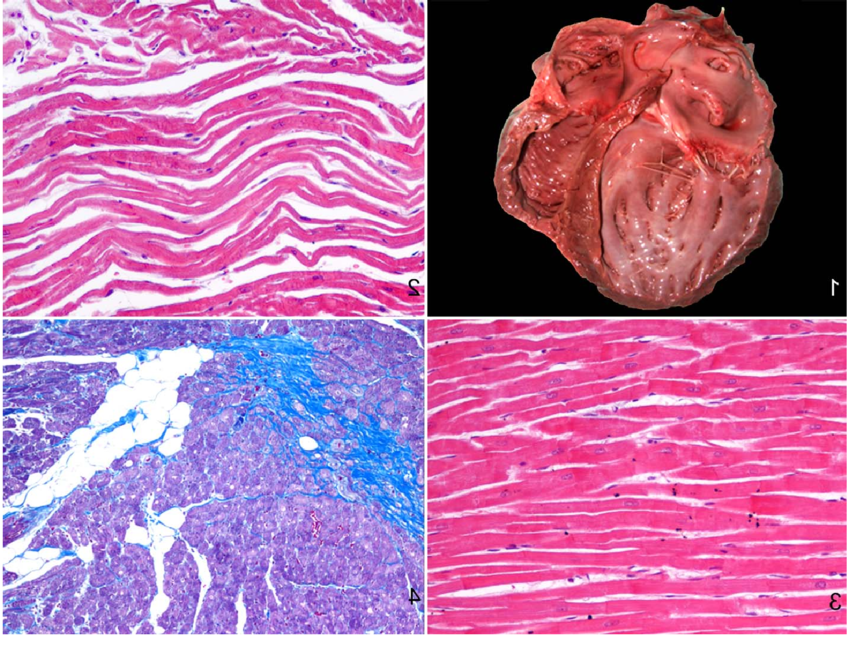
Daily Care and Monitoring Tips for Pet Owners
Living with a dog diagnosed with Dilated Cardiomyopathy (DCM) means being a bit more attentive to their daily needs. Start by setting a routine for medication and meals, ensuring your dog gets their meds at the same time each day. Keep an eye on their energy levels and breathing patterns. If you notice any changes, like increased fatigue or coughing, it’s time to check in with your vet. Regular, gentle exercise is beneficial, but avoid overexertion. Short, leisurely walks are ideal.
Emotional and Practical Support for Families
Having a dog with DCM can be challenging, but you’re not alone. Connect with other pet owners who are in the same boat. Sharing experiences and tips can be incredibly helpful. Make sure everyone in the family understands the condition and knows what signs to watch for. This way, everyone can pitch in with care. Remember, your vet is a valuable resource, so don’t hesitate to reach out with questions or concerns. With the right support, you can manage DCM and keep your dog comfortable and happy.
Final Thoughts
Dilated Cardiomyopathy in dogs is a serious yet manageable condition. Understanding its causes and symptoms is crucial for early intervention. With the right combination of medical treatment, lifestyle adjustments, and nutritional support, dogs with DCM can maintain a good quality of life. Regular veterinary check-ups and attentive care are key to managing this condition effectively. Stay proactive in your dog’s heart health to ensure they enjoy many happy, active years ahead.
